Today would have been the 81st birthday of Sarah Watson, my sister Katherine Lepani's mother-in-law, who died on January 21st in the Trobriand Islands of Papua New Guinea, where she lived her entire life. When I last wrote about Sarah, Kathy chimed in to give a more complete description of sagali, the complex community exchange events that take place in honor of the deceased. She commented:
Doba is the name of the bundles of dried banana leaves that Trobriand women manufacture by the thousands for sagali, or mortuary exchange feasts. The word also refers to the banana and pandanus fibre skirts worn by girls and women (and male dancers), which also feature in sagali distributions. Cotton fabric, called karekwa after the English ‘calico,’ has been incorporated into sagali over the last several decades and is now regarded as an essential exchange item.
Bolts of fabric are cut into two-metre lengths to augment the banana leaf bundles. Women also sew special cotton skirts to wear during sagali and to use for distribution. The cloth pieces distributed at sagali are later transformed into items of clothing, sheets, pillow cases, table cloths, and curtains.
For the sagali of her maternal uncle in 2000, Sarah worked for weeks to prepare her doba. Her inventory included hundreds of banana leaf bundles stacked in a huge basket measuring three metres in circumference and one metre in height, 6 bolts of material that were cut into two-metre lengths, and 8 fibre skirts. On her old manual Singer sewing machine, Sarah made 40 cotton skirts, 22 cotton dresses, and 20 pillow cases to distribute at the sagali. The work of sagali is perpetual and passionate.(I don't want to use the word "doba" as a tag for this post, as that is also – here in the "West" – the name for a drop ship company. I wonder how that moniker was chosen?)
Kathy's son Andrew, one of Sarah's grandsons, went to the village immediately after her death, to help with the mourning ceremonies. Sarah was buried near the house where she lived, rather than in a cemetery. Andrew is here with his uncle Noel, and also with some of his cousin brothers.
These photos give a little glimpse of end-of-life inter-generational rituals in a traditional village in the Trobriand Islands today. Kathy's commentary continues below; it refers to the big sagali that is held about six months after a death, which she will attend with her husband Charles, Sarah's son, in June.
I've got some photos to share from Andrew that convey good grief in the Trobriands--community grief manifested. It's all about clearing grief as well and in a very material fashion, through goods exchanged and food consumed. But the essence of mourning lodges deep inside everyone and that is why for months and years after a death people will still burst into sorrowful wailing when memories of the beloved are triggered.
Children have the honour and task of decorating graves with fresh flowers. It's often a self-defined role--a group of children will take it upon themselves to be the ones who pick fresh flowers everyday to replenish the grave plus keep the gravesite clean. This will go on in a dedicated way until the big sagali in about six months but then will continue for years in a small and more personalized way--one or two children who will become known as the chief custodians of a particular grave. They will of course be repaid handsomely at the sagali with yams, doba, and money.
The photo of the sepwana gives you a close-up of these amazing displays of dried banana leaves. The photo of Andrew and his cousin brothers is unfortunately out of focus but I couldn't resist adding it here because of Obama's presence on the shirt worn by Bruce, the son of Sarah's younger brother Gilbert. Aggrey is at the edge of the photo.
We have some grass skirts and other doba items that have been given to us by wantoks (relatives) in the Trobriand Islands over the years (including Sarah), acknowledging our far-flung connections. Today, a tribute to the long and passionate, persistent lifespan of Sarah Watson, whose grace and influence are felt even at this great distance.



































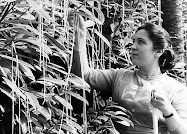




































































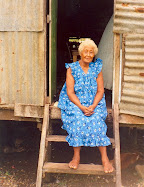





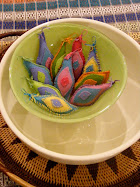




















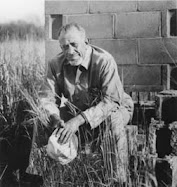









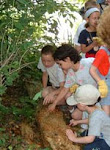.jpg)



























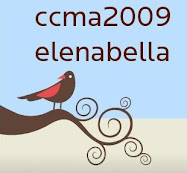




























































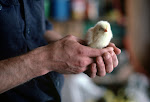
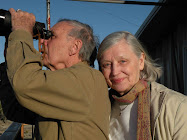
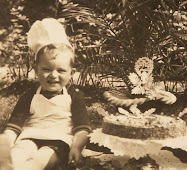














































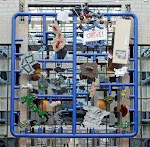.jpg)








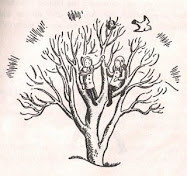







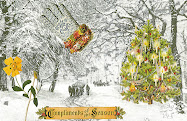



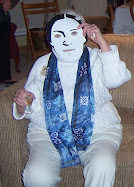





















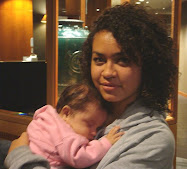






























































1 comment:
Just wanted to make sure you saw this opinion-editorial I co-wrote with Urban Harvest for yesterdays Omaha World-Herald about urban and vertical gardening in the heart of Africa's large slum Kibera in Nairobi, Kenya. Here is the link, post to our blog at the Worldwatch Institute called "Nourishing the Planet": http://blogs.worldwatch.org/nourishingtheplanet/omaha-world-herald-kenyan-farmers-persevere-despite-cultivation-challenges/
All the best, Danielle Nierenberg (www.borderjumpers.org)
Post a Comment